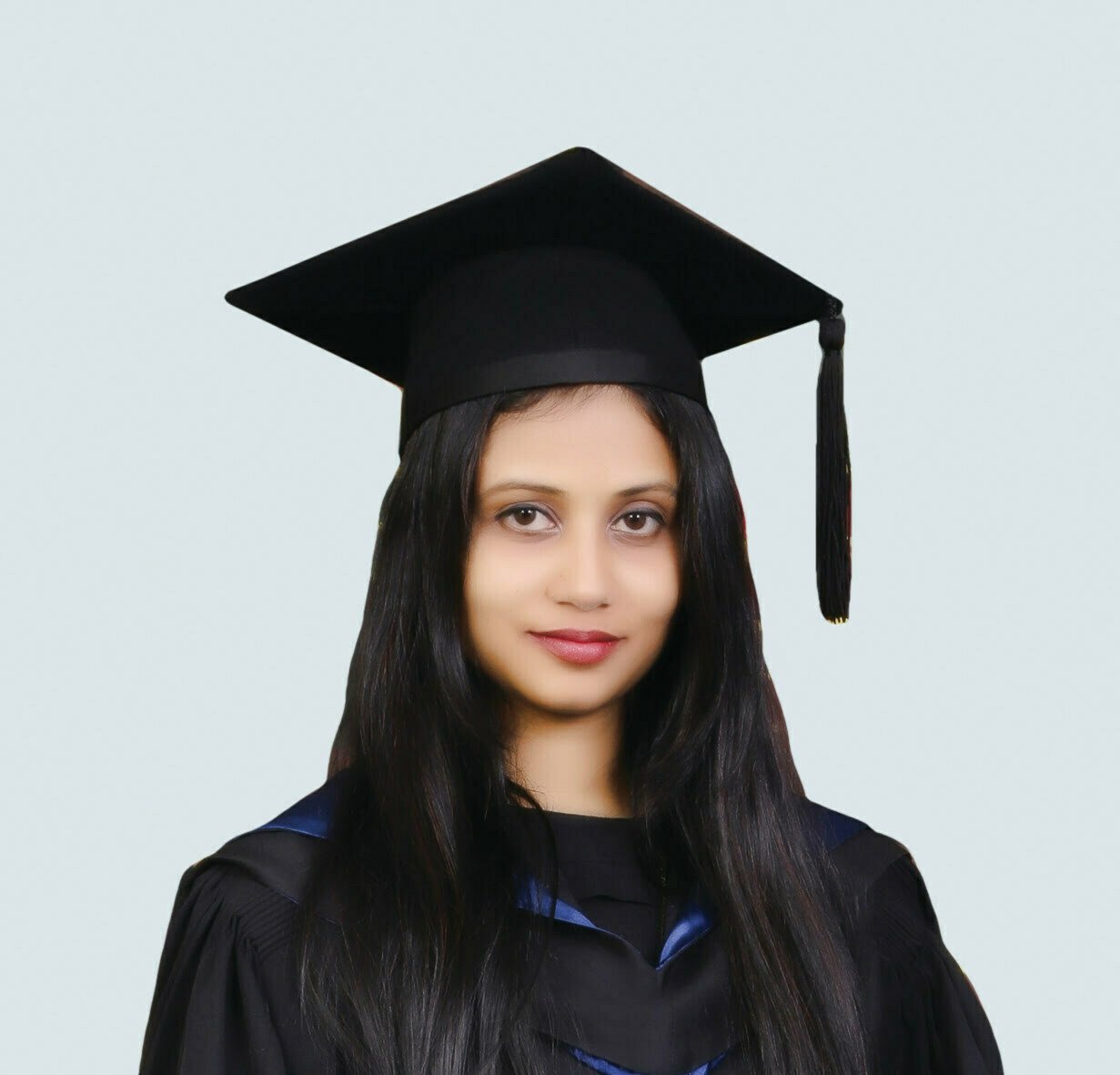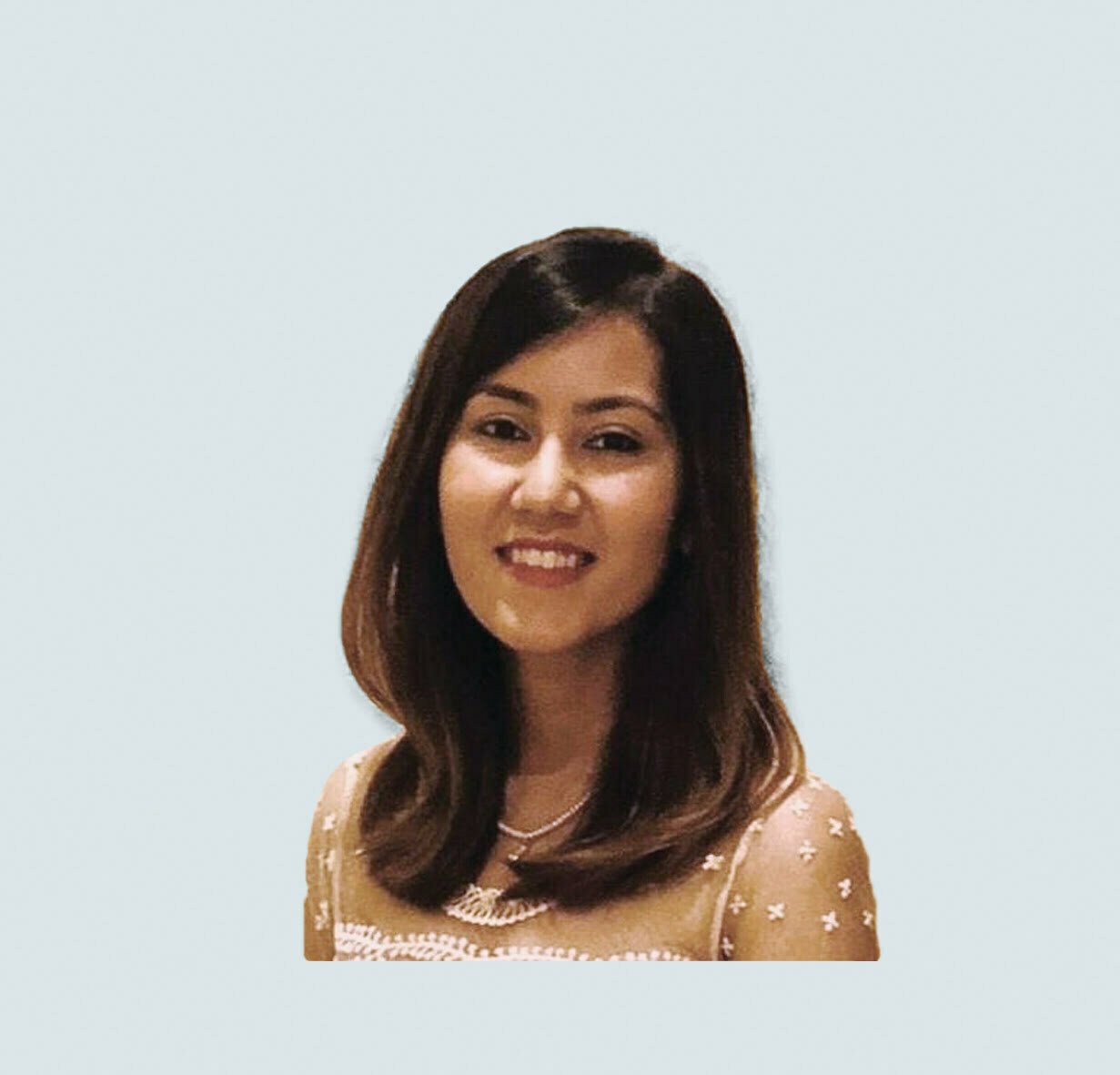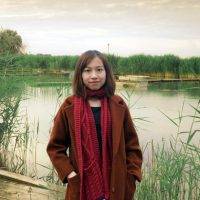ABOUT
Do you have a burning desire to contribute to your community by uplifting the quality of health and solve the myriad health problems faced by the population?

MSc in Public Health
(Conventional / Open & Distance Learning Mode)
Do you have a burning desire to contribute to your community by uplifting the quality of health and solve the myriad health problems faced by the population?
IMU’s MSc in Public Health programme enables students to build their standing and profile in academia, industry and in NGOs and is suitable for healthcare practitioners across diverse backgrounds including:
1) Medical doctors
2) Nurses
3) Health Officers
4) Environmental Health Officers
5) Health Service Managers
6) Hospital administrators
7) Nutritionists
8) Health Education Officers
9) Environmental and Health Engineers
10) Pharmacists
The programme emphasizes research and face-to-face engagement with our experienced faculty. By way of seminars, workshops, discussions and presentations, the teaching methodology contributes immensely to students’ personal development in terms of confidence, know-how and positive attitude.
Key Facts
Why Study Public Health at IMU?
An Established Private Healthcare University
IMU is Malaysia’s first and most established private medical and healthcare university with over 30 years of dedicated focus in healthcare education.
IMU achieved the SETARA-2018/2019 Tier 6 status (Outstanding) under the Mature University category.
Renowned and Highly Experience Faculty
Students will be supervised by staff who are experts in their field with well-established reputations nationally and internationally.
The academic community of IMU pursues and achieves excellence in a wide range of research activities.
Many of them present their findings in international conferences to keep up to date with the latest development in specialised areas.
They also publish their findings in international peer-reviewed journals.
Recognised by JPA
The IMU MSc in Public Health is recognised by the Malaysian Public Service Department (JPA) and the Ministry of Health (MOH). With this recognition, healthcare professionals who are working in the public sector especially MOH who want to
advance in their careers in a related field can choose to study the IMU MSc in Public Health programme. Our graduates of this Masters degree can also apply to work in the public sector.
Unique Curriculum
This programme has a research component in its curriculum in which the student is required to complete a research project. There will also be field visits to the Ministry of Health, the Local Council and Non-Governmental Organisations as part of the experiential learning component of the programme. E-learning approaches are also used extensively including web-based e-learning in the programme.
Research Partnerships
Students will benefit from the University’s research collaborations with various local and foreign institutions in areas such as cancer, bioactive molecules, nutrition and environmental health. Close links have also been established with local hospitals, especially Hospital Tuanku Ja’afar in clinical research.
About Open and Distance Learning (ODL)
What is ODL?
Open and distance learning provides working professionals an alternative to conventional programmes at universities, giving them the opportunity to earn a university degree without interrupting their career. As Malaysia’s first and most established private medical and health sciences university with over 30 years of dedicated focus in healthcare education, IMU offers a few postgraduate programmes via this learning mode with students having the opportunity to benefit from all the teaching and support that the University has to offer.
Benefits of ODL
Designed especially for students with employment, family or other commitments, this mode of learning provides flexibility and convenience for the student to schedule their studies around these obligations and around their lifestyle – allowing a student to plan and pace their own learning at a time and learning environment that is most suitable for the student. It also saves students from spending time travelling to the university, the costs of travelling to the university and the costs of staying near the university.
Teaching Methods
Teaching methods include a series of annotated lectures supplemented by videos. For each subject taken, students will be part of a student online community. Students will also be assigned a mentor who will be available to answer any questions and provide feedback on their progress.
Students will be assessed fully online via the in-course assessment assignments and end of module assessment assignment so they don’t need to be at the University to sit your exams. They will the receive their grades and feedback online.
In order to do this, students will be required to have a desktop/laptop, internet connection, a headset and webcam to participate in online tutorials and other group activities, access to standard office software – such as Microsoft Word and Excel, plus any standard browser, such as Chrome, Edge or Firefox and Skype for certain online sessions.
Your Commitment
Time will be an ODL student’s most important commitment – understanding, working through and reflecting on all teaching materials. The hours spent per week on their studies for the duration of the programme depends on module taken.
Support from University
ODL students are fully registered student of the University with all of the support and services available to them, the same as the on-campus students. Technical support will also be provided if students have difficulty in accessing the e-learning platform.
Programme Structure
OPEN AND DISTANCE LEARNING
Open and Distance Learning (ODL) provides working professionals the flexibility and an opportunity to obtain a MSc in Public Health degree at their own convenience. It allows students to plan and pace their own learning while benefiting from all the teachings and supports that the University has to offer. The programme consists of 80% online teaching and learning sessions and 20% of on campus requirement. The teaching methods include a series of online lectures supplemented by online discussions, forums and assessments. Students will also be assigned a mentor who will be available to answer any questions and provide feedback on their progress. Time will be the ODL student’s most important commitment for this 44 credits master programme.
Master of Science in Public Health (MSc PH) Program Structure (March Intake)
| March Intake | ||||
|---|---|---|---|---|
| Course Code | Name of Module | Credit | Block | |
| Core | Elective | |||
| Semester 1 | ||||
| MSPH117* | Research Methodology | 3 | 1st block (Mar-May) | |
| MSPH114 | Family Health | 3 | ||
| MSPH115 | Health Services Management with Health Economics | 3 | ||
| MSPH125 | Epidemiology of Communicable and Non-Communicable Diseases | 2 | ||
| MSPH118 | Health Promotion | 2 | 2nd block (Jun-Aug) | |
| MSPH119 | Sociology of Health & Illness | 2 | ||
| MSPH124 | Public Health Practice | 2 | ||
| MSPH122** | Research Project (Part I) | 2 | Entire Semester | |
| Semester 2 | ||||
| MSPH113 | Principles and Method in Epidemiology | 3 | 1st Block (Sep-Nov) | |
| MSPH116 | Biostatistics | 3 | ||
| MSPH127 | Healthcare Operation Management | 3 | ||
| MSPH120 | Environmental Healthcare | 3 | 2nd Block (Dec-Feb) | |
| MSPH121 | Occupational Healthcare | 3 | ||
| MSPH126 | Multivariate Regression Models | 2 | ||
| MSPH128*** | Community Health Service | 1 | ||
| MSPH123**** | Research Project (Part II) | 7 | Entire Semester | |
- *Offered each semester, full-time students are required to take in Semester 1. Part-time students can choose to take it before MSPH122 or concurrently.
- **Offered each semester, full-time students are required to take in Semester 1, while part-time students have the flexibility to complete them in any semester of their choice. This module is a pre requisite to MSPH 123 (Research Project Part II).
- ***This module is offered in the 2nd block of every semester. Both full-time and part-time students can choose to take it in any semester.
- ****Offered each semester, full-time students are required to take in Semester 2. Prior IMU-JC’s approval is required.
Master of Science in Public Health (MSc PH) Program Structure (September Intake)
| September Intake | ||||
|---|---|---|---|---|
| Course Code | Name of Module |
Credit | Blocks | |
| Core | Elective | |||
| Semester 1 (Sep-Feb) | ||||
| MSPH117* | Research Methodology | 3 | 1st block (Sep-Nov) | |
| MSPH113 | Principles and Method in Epidemiology | 3 | ||
| MSPH116 | Biostatistics | 3 | ||
| MSPH127 | Healthcare Operation Management | 3 | ||
| MSPH120 | Environmental Healthcare | 3 | 2nd block (Dec-Feb) | |
| MSPH121 | Occupational Healthcare | 3 | ||
| MSPH126 | Multivariate Regression Models | 2 | ||
| MSPH122** | Research Project (Part I) | 2 | Entire Semester | |
| Semester 2 (Mar-Aug) | ||||
| MSPH114 | Family Health | 3 | 1st block (Mar-May) | |
| MSPH115 | Health Services Management with Health Economics | 3 | ||
| MSPH125 | Epidemiology of Communicable and Non-Communicable Diseases | 2 | ||
| MSPH118 | Health Promotion | 2 | 2nd block (Jun-Aug) | |
| MSPH119 | Sociology of Health and Illness | 2 | ||
| MSPH124 | Public Health Practice | 2 | ||
| MSPH128*** | Community Health Service | 1 | ||
| MSPH123**** | Research Project (Part II) | 7 | Entire Semester | |
- *Offered each semester, full-time students are required to take in Semester 1. Part-time students can choose to take it before MSPH122 or concurrently.
- **Offered each semester, full-time students are required to take in Semester 1, while part-time students have the flexibility to complete them in any semester of their choice. This module is a pre requisite to MSPH 123 (Research Project Part II).
- ***This module is offered in the 2nd block of every semester. Both full-time and part-time students can choose to take it in any semester.
- ****Offered each semester, full-time students are required to take in Semester 2. Prior IMU-JC’s approval is required.
For Open Distance Learning (ODL)
Open and Distance Learning (ODL) provides working professionals the flexibility and an opportunity to obtain an MSc in Public Health degree at their own convenience. It allows students to plan and pace their own learning while benefiting from all the teachings and supports that the University has to offer. The programme consists of more than 80% of online teaching and learning activities and with minimum on-campus requirements. The teaching methods include a series of online recorded lectures, video lectures, supplemented by reading materials, microlearning material, online asynchronous discussion forums, and various assessments. Students will also be assigned a mentor who will be available to answer any questions and provide feedback on their progress. Time will be the ODL student’s most important commitment for this minimum 40 credits Master programme.
| Lectures/tutorials/seminars | Online |
|---|---|
| Assessments | Online |
| Field visits | On campus for the visits or off campus if students can arrange on their own and manage to plan the field visit to meet the learning outcomes of the modules. |
| Elective attachment | Off campus (Students have the option of completing this at their workplace or any relevant institution/departments/organisation away from IMU) |
| Field visits | On campus for the visits or off campus if students can arrange on their own and manage to plan the field visit to meet the learning outcomes of the modules. |
| Dissertation | Off campus (Students have the option to conduct this). |
| Practical (SPSS training) | On campus (2 days) |
| Dissertation VIVA exam | On campus or off campus. Student may opt to have the viva exam through online video conferencing. |
ASSESSMENT
Several assessment methods, designed for adult independent learners, are used to assess the knowledge, skill, and attitude domains. They are mainly through written assignments, reflective reports, case studies, seminar presentations, group discussions, practical assignments, written dissertations, and viva voce. For the award of the degree of MSc in Public Health, students must successfully complete 11 core modules and electives modules required to fulfill the credit hours requirement.
Entry Requirement
| A. ACADEMIC REQUIREMENTS | B. ENGLISH LANGUAGE REQUIREMENTS |
|---|---|
Applicants are required to have obtained:
|
For Malaysian Students
Not applicable |
For International Students
The following categories of students are exempted from the above requirements:
|
Note
Please note that achieving the minimum Entry and English requirements as stated does not guarantee you admission into any of IMU’s programmes.
Please refer to our Student Admissions Policy for more information
Application and Registration Fees
| Fee | Malaysian Student (RM) | International Student (RM) | ||
|---|---|---|---|---|
| Application Fee | 150 | 500 | ||
| Registration Fee | 1,100 | 3,400 | ||
| Refundable Caution Deposit | 2,000 | 2,000 | ||
| Student Association Fee per Semester | 40 | 40 | ||
Fee Structure
Malaysian Student
International Student
Partner University
As an assurance of a total commitment towards quality education in public health, the IMU maintains its relationship with partner university in United States.
United States
Views from Our Community

Dr Anuradha Nadarajah
Student, MSc in Public Health (ODL)
MSc PH programme in ODL mode is convenient and beneficial to upgrade my knowledge and academic status without creating much conflict between my work and postgraduate learning schedule as 80% of teaching and learning are done online with only 20% of campus requirement for field visits and practical sessions. The dates for the field visits and practical sessions are informed earlier when the semester begins so that we will be able to plan our schedule.

Syeda Razelin Kashem
Alumna, MSc in Public Health
The skill and knowledge I learnt from MScPH programme helps me a lot in my current job.

Dauda Bukar Dauda
Alumnus, MSc in Public Health
Coming to International Medical University (IMU) was the best decision I have ever made in life. As International student from Nigeria, I was opportune to meet different set of people with different background, culture and experiences. During my stay at IMU, I used every single opportunity to learn, discuss and also share experiences with my colleagues and the lecturers. The knowledge and experiences I gained in IMU has really helped me in my workplace. I was able to apply what I learned in solving problems and also in improving the services we provide to the people in my workplace. Presently an Environmentalist and also a Public health practitioner, IMU has really contributed for being what I am today and I will be forever proud for been an alumnus of this great institution.

Hay Mar Win
Alumna, Hay Mar Win, MSc in Public Health
I think, initially it was a struggle as I did not have much work experience prior to doing my masters degree. But once I got my first job (which was within 3 months of finishing my MScPH), it got easier.

Obinna Francis Onunkwor
Alumna, MSc in Public Health
MScPH Degree from IMU is accepted and recognised globally. A key thing that gave me an edge in a very competitive and surplus work force in Nigeria, was the Internship at UNHCR Kuala Lumpur. It provided the experience I needed to launch my career in a sector that hardly employs inexperienced graduates.
FREQUENTLY ASKED QUESTIONS
Latest News & Stories
Have a Question? Ask Us
Interested in Applying for One of Our Programmes?
Having Issues with Your Online Application Process?
Need Assistance?
A Word from the Programme Director

DR HLAING THAW DAR
Senior Lecturer and Programme Director
MBBS (UM1, Ygn), MPH (UM)
“Welcome to the dynamic world of Public Health. Our programme is designed to equip people with the knowledge, skills and tools needed to address the most pressing health challenges facing communities today. Join us on a journey towards creating healthier populations and promoting well-being for all. Explore the possibilities and opportunities that await you in the field of Public Health.”









